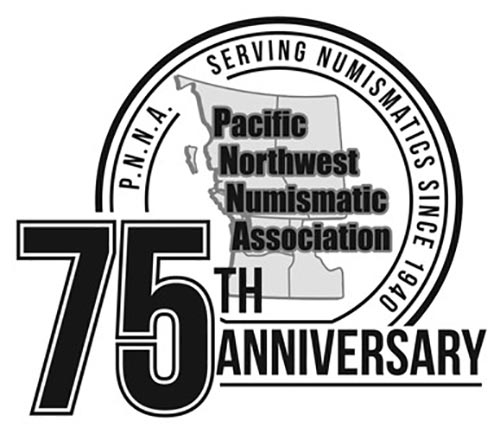
In the late 1800s southeast of what is now Phoenix, Oregon, Mr. and Mrs. Roberts hired two young boys to shovel out an old, debris-filled chicken coop. During the job, the boys found a seemingly innocuous tin can buried beneath the hen house. Lugging it out, they realized it was extremely heavy. They guessed it might be filled with rocks, but the lid had rusted shut. So with a handy axe, they popped the lid off, and the boys discovered there was something dramatically more significantly than a bunch of rocks inside. It was a hoard of gold coins. But the fight over who got to keep the coins led to a legal precedent that is still cited to this day.
Chalmus Danielson, the younger brother who was eight at the time, wanted to take the can of gold home. His brother Waldo Danielson, who was ten, insisted that they show the coins to the landowner. When Mrs. Roberts found out about it, she demanded that the boys give her the can. After they complied, the couple went back into the house, closing the door on the boys without an explanation. The young Danielson boys went back to work.
About half an hour later, Mr. Roberts called the boys back over. He handed them a nickel and told them he’d stashed the gold there years ago, and not to tell anyone about it. Unfortunately for Mr. Roberts, that’s not what happened. Nine years went by and the boys grew into men. They never forgot about their miraculous discovery, and the greedy way the Roberts couple had behaved. The Danielson brothers took the Mr. and Mrs. Roberts to court.
The first time the Danielsons went to district court, and they didn’t have much luck. Hiero Hanna, the Jacksonville judge who first saw the case, refused to let the jury hear it. Hanna claimed that the coin hoard “had been intentionally deposited by someone,” and as such, Oregon law didn’t entitle the boys to the property.
But the Danielsons’ lawyers didn’t give up, appealing all the way to Oregon’s Supreme Court. In 1904, the Danielson brothers finally got some good news. Based on the testimony that the can was decrepit and buried in undisturbed, hardened ground, and that the old hen house had gone through many owners in the 40 years since it was constructed, the court ruled that judge Hanna must allow the case to go to trial.
The dispute over who had legal rights to the can of gold coins eventually went to trial, but the jury was unable to come to a decision. Likely wanting to avoid another trial, the Mr. and Mrs. Roberts settled with the Danielson brothers out of court for $6,000.
The Oregon Supreme Court case, Danielson v. Roberts, 44 Ore. 10S, 74 Pac. 913, 914 (1904), is still referred to today in cases related to treasure hunting. Lawyers argue that if the property owners don’t know that an item is there, it doesn’t belong to them. It set a precedent for treasure discoveries that aren’t so cut and dried.
Liberty Coin & Currency specializes in rare coins and currency. We are a family-owned business located in Portland and Vancouver. We also buy gold, silver, diamonds, and jewelry. Visit us first for a free evaluation.
Do you like this post? Share it, +1 it on Google Plus, or like it on Facebook.







